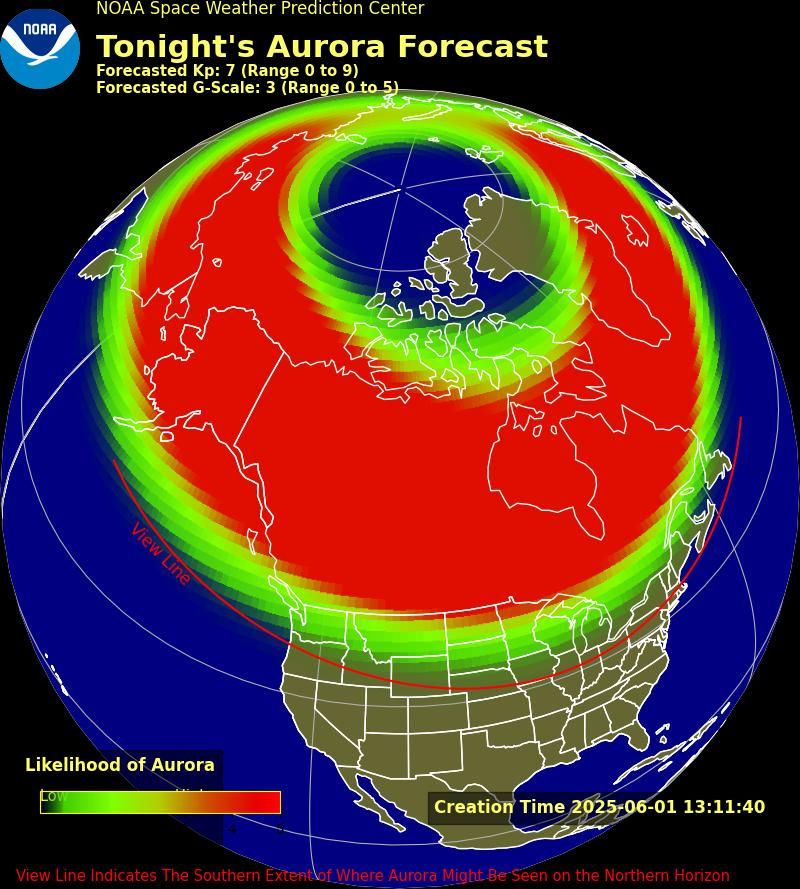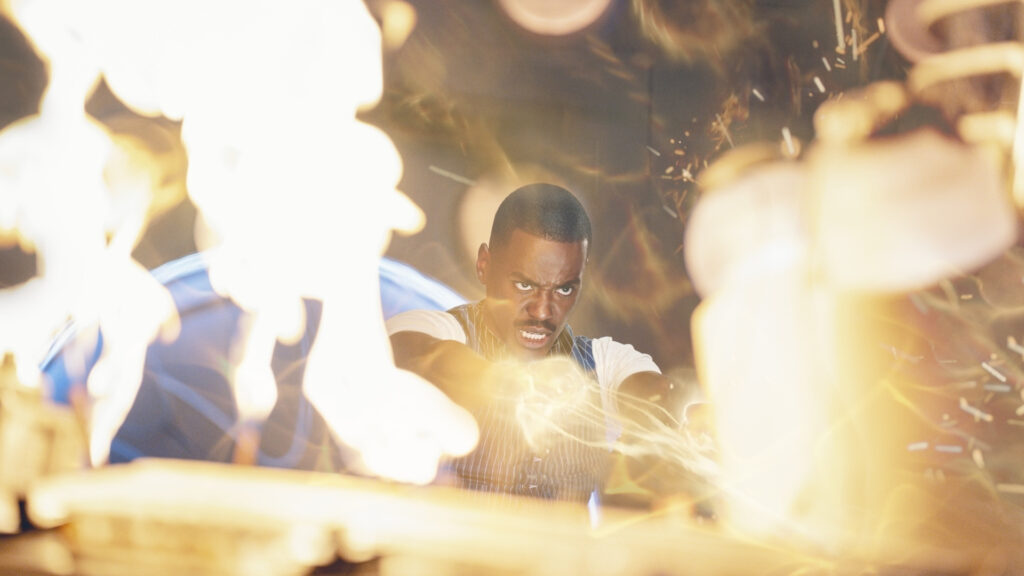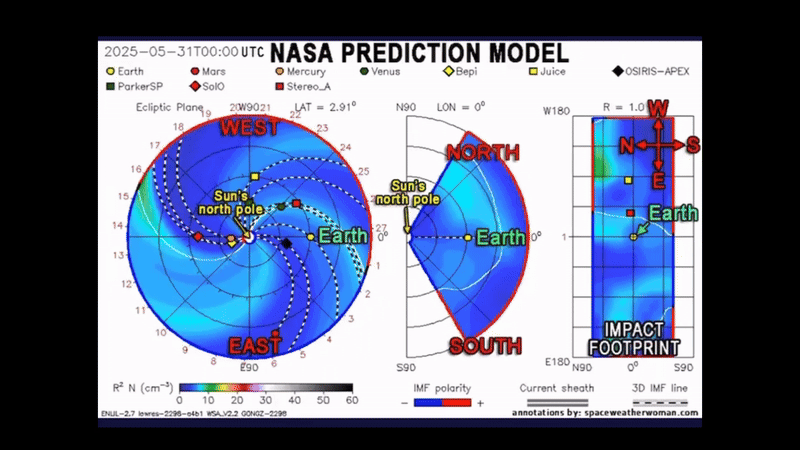The full moon of June will shine bright next week, but if bad weather clouds your view, don’t fret. You’ll be able to see the Full Strawberry Moon in a live webcast for free.
The Virtual Telescope Project in Ceccano, Italy will host a free livestream of the full moon on Tuesday (June 14). The webcast, which will begin at 3:15 p.m. EDT (1915 GMT), will show live views of the full moon, the second supermoon of 2022, as it rises over Rome. You can watch the livestream in the video feed above.
“We will admire the full moon rising above the glorious monuments of Rome, the
Eternal City,” astrophysicist Gianluca Masi of the Virtual Telescope Project wrote in an email alert. Masi will also host the webcast at the Virtual Telescope Project website (opens in new tab) and on YouTube (opens in new tab).
Related: Supermoon secrets: 7 surprising big moon facts
The June full moon is the second of four consecutive supermoons in which the full moon of a month coincides with the moon at or near perigee, its closest point to the Earth in its monthly orbit. A supermoon can appear ever-so-slightly larger than the full moon does when it is farthest from Earth (NASA has said (opens in new tab) it can appear up to 30% brighter and 17% larger), but it won’t look much different to the casual observer.
June’s Full Strawberry Supermoon will occur on Tuesday at 7:51 a.m. EDT (1151 GMT), but the moon will appear full to observers in the day before and after the actual event. So feel free to watch the moon shine from June 13-15. It gets its “strawberry” name from the short strawberry harvesting season it coincides with.

Related stories:
The full moon of June will be the lowest full moon of 2022, with the moon rising just 23.3 degrees above the southern horizon early on June 15 for observers in Washington, D.C., NASA has said. That’s because its coming ahead of the summer solstice on June 21.
“On the summer solstice, the sun appears highest in the sky for the year,” NASA wrote in a guide (opens in new tab). “Full moons are opposite the sun, so a full moon near the summer solstice will be low in the sky.”
Full moons are among the easiest stargazing events to observe and a great target for amateur astronomers just starting to observe with binoculars or telescopes. If you’re hoping to photograph the moon, our best cameras for astrophotography and best lenses for astrophotography guides may be of help. You can also check out our guide on how to photograph the moon with a camera to plan your lunar photo session.
Editor’s Note: If you snap an amazing moon photo and would like to share it with Space.com’s readers, send your photo(s), comments, and your name and location to spacephotos@space.com.
Email Tariq Malik at tmalik@space.com or follow him @tariqjmalik. Follow us @Spacedotcom, Facebook and Instagram.


